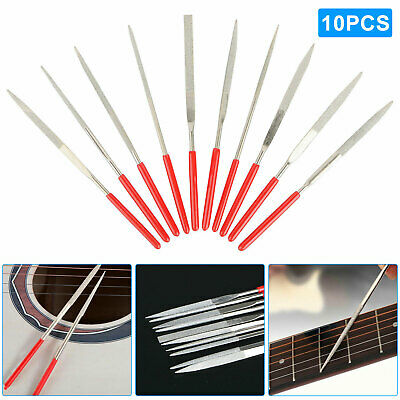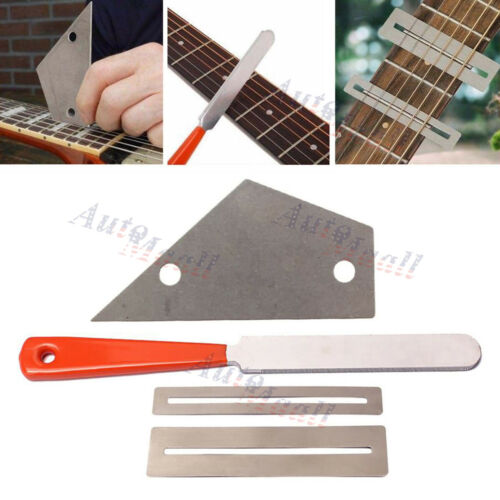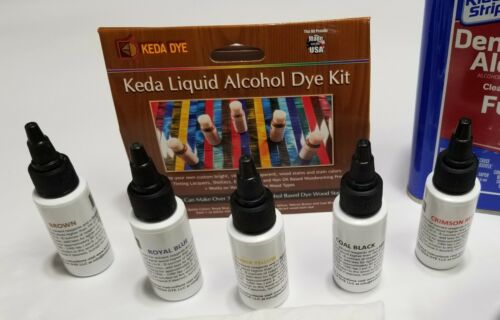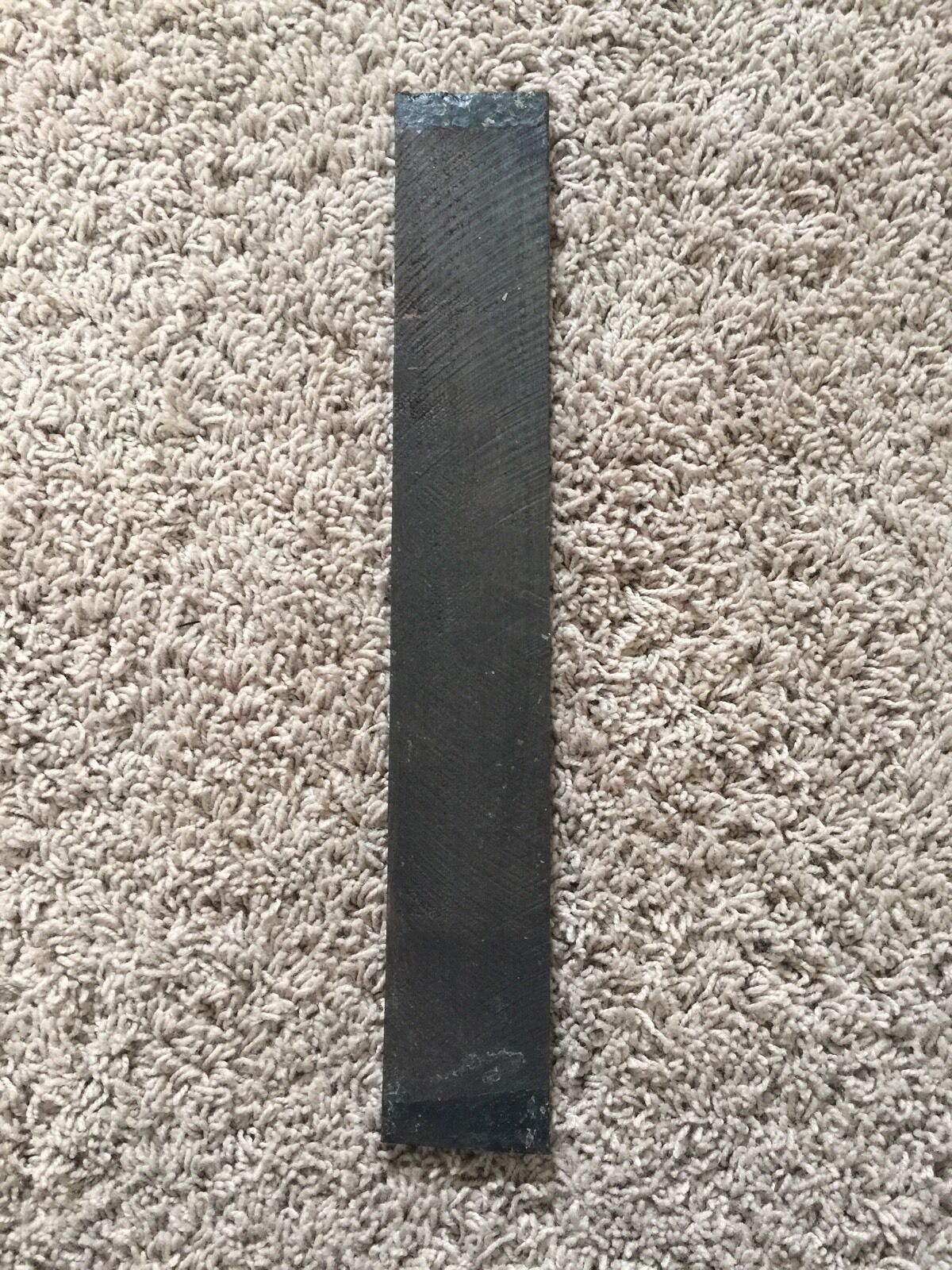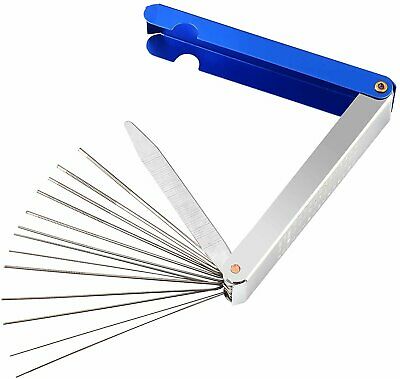-40%
StewMac Ultimate Scraper, Original
$ 27.51
- Description
- Size Guide
Description
It's the best scraper we've ever usedOriginal, full-size scraper is superior for arched tops and flat or curved surfaces
At 1/8" thick, Ultimate scrapers are much beefier than standard scraper blades--adding stiffness and greatly reduces chatter
Made from durable tempered tool steel
Two working edges for scraping with both pull and push strokes
It's the best scraper we've ever used!
These revolutionary tools, unsurpassed for smoothing wood surfaces, arched instrument tops, bindings and more.
For an ultra-smooth wood surface, nothing beats a good sharp scraper. Veteran luthier Al Carruth has given the simple scraper a revolutionary makeover, with practical improvements for stringed instrument work: the original Ultimate Scraper.
At 1/8" thick, Ultimate scrapers are much beefier than standard scraper blades. Two cutting edges let the tool work in both directions, without flexing and with less chattering. That saves a lot of time and effort! The tempered tool steel holds a more durable edge, too. The shapes are specially refined for hand-contouring and graduating arched instrument tops and backs, as well as smoothing bindings and flat surfaces.
Dimensions: 3-3/4" x 1-11/16" (95.25mm x 42.86mm)
From luthier Al Carruth:
"In
Il Segreti di Stradivari
, violin maker Simone Sacconi wrote 'scrapers were made from blades of sabers. Since they were of very hard steel one could not turn the edge and therefore they were used like a knife.' When I began working with violin maker Carleen Hutchins she used such a scraper. This is, in my estimation, the best possible scraper for builders of arched instruments. It works on the same principle as scraping with a broken piece of glass; a common technique among carpenters. A very hard material can take an exceedingly keen edge and when it is perpendicular, as it is in broken glass, it can last for a long time even if the material is brittle. This tool has the advantage over glass of having a shape that is well defined and re-sharpenable."




